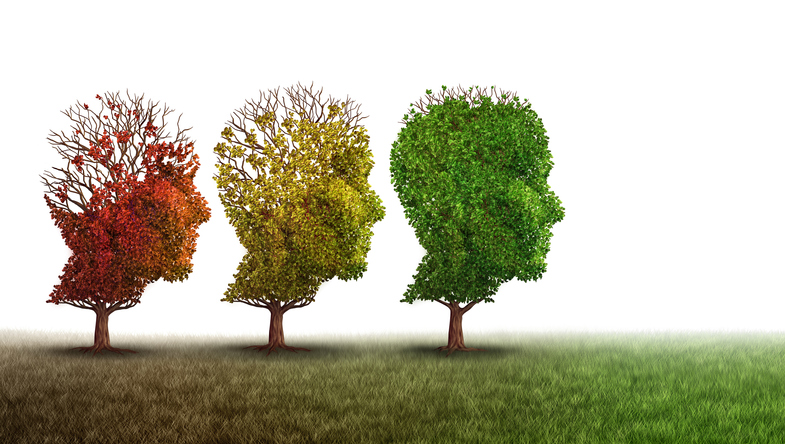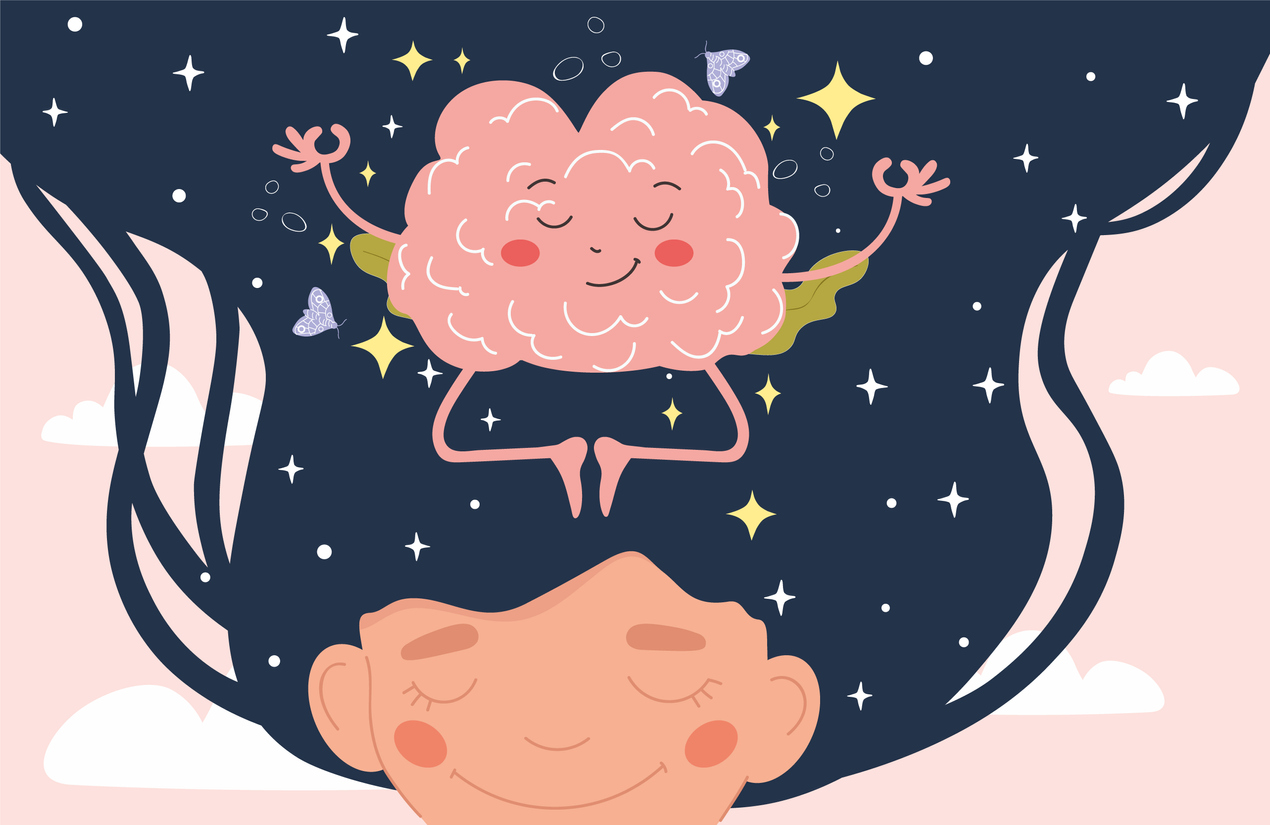Living with Chronic Pain
Psychological Stages of Chronic Pain

Living with chronic pain presents both physical and mental challenges. Understanding the psychological stages of chronic pain is an important part of pain management.
Elizabeth Kubler-Ross’s five stages of grief have been used to break down and describe the experience of grieving, giving a name and potentially helping people cope with feelings that seem all-powerful. Chronic pain, both the diagnosis and experience, presents similar emotional upheaval. Drawing from Kubler-Ross’s work, Jennifer Martin, PsyD, proposed “7 Stages of Chronic Pain and Illness” on the website Pain News Network in 2015.
Just as in Kubler-Ross’s five stages of grief, these stages are fluid and do not necessarily occur in a specific order.
Denial
Denial is often the first psychological stage when confronted with a chronic pain diagnosis. Denial involves thinking pain will go away or believing the pain is imagined. Both shock and denial are often experienced, which may delay receiving proper treatment. Furthermore, when properly diagnosed, the belief that the health care professional is wrong about the diagnosis may occur.
Pleading, bargaining, and desperation
This stage involves looking for anything that may fix or act as a bandage for the pain. Bargaining with a higher power to make the pain stop and fixating on what caused the pain often occurs. Desperation is often accompanied by guilt.
Anger
Anger often develops after desperation as the realization occurs that the chronic pain condition cannot be “cured” but needs to be managed. This may be accompanied by thoughts such as, “I didn’t do anything to deserve this” or “This is not fair!” Anger is a necessary part of the healing process.
Anxiety and depression
Living with a chronic illness can be scary and may bring on anxiety. It may also lead to depression. Feelings of hopelessness, exhaustion, and intense grief may develop. This depression isn’t necessarily a clinical illness, but an appropriate reaction to this type of change.
Loss of self and confusion
Individuals with chronic pain may not be able to do the things they once did before the condition developed; this can lead to an identity crisis of sorts. A sense of confusion about self-identity may develop.
Reevaluation of life, roles, and goals
This stage involves coming to terms with life changes and potential limitations. Living a “new normal” ensues. Changing expectations from “what should be” to “what is” can help promote acceptance.
Acceptance
Accepting chronic pain doesn’t necessarily mean being okay with the way things are. It simply means accepting the reality that chronic pain is a daily part of life that needs to be managed. It means choosing to move forward despite chronic pain.


















